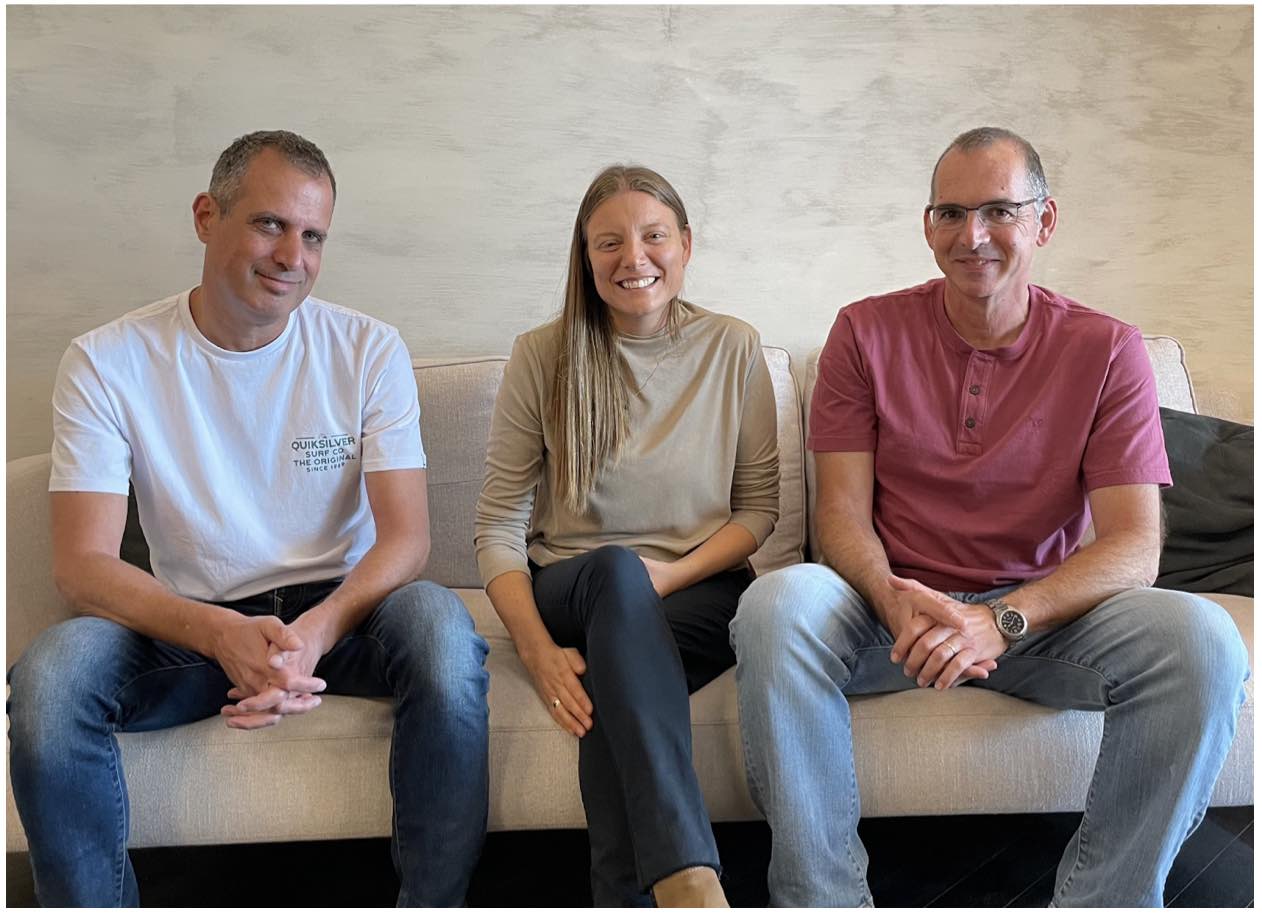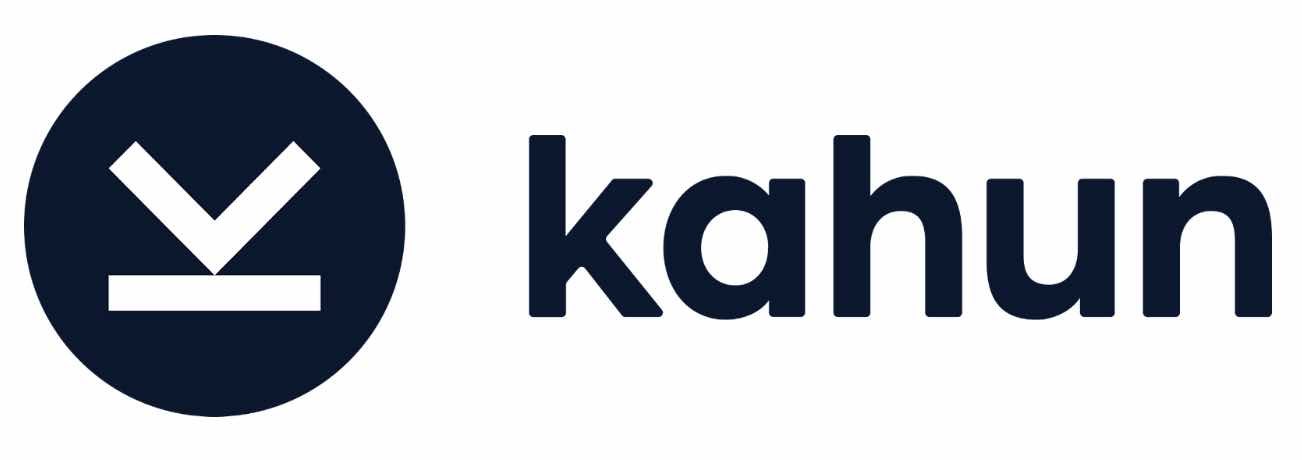
The three Co-founders of Kahun: on the left Tal Goldberg – Chief technological officer, in the middle, Michal Tzuchman Katz MD. – Chief medical officer, on the right Eitan Ron – Chief executive officer
AI solutions usually suffer from a “Black Box” problem, a phenomenon in which AI is built in a way that doesn’t reveal how the algorithm has reached its conclusion. This lack of transparency poses a unique problem in the field of medicine—how can doctors trust AI to help them if they don’t know how it’s reasoning? As more and more companies deploy decision-support systems, diagnostic tools, AI for medical imaging and such, it’s vital that the algorithm can be trusted by medical institutions that hold the highest standards.
Current AI tools for healthcare providers have failed to address current challenges and gain trust in the medical community. They rely on a combination of big-data engines built on patient records and experts’ knowledge, rather than evidence-based medical literature.
To overcome this, Israel-based digital-health startup Kahun has built the world’s largest map of clinical knowledge, containing more than 30 million medical insights in order to replicate clinical reasoning. Kahun’s algorithmic engine utilizes this map in real time to generate clinical insights, which are referenced and backed by links to originating knowledge. Kahun’s solution empowers doctors to review the process by which the AI reached its conclusions.
Led by a team of accomplished internet tech veterans, the company has raised $13M to date.
Kahun is a tool for patient surveys, but different from the chatbot surveys most patients are familiar with by now. The engine performs clinical reasoning at scale, with each question tailored to specific patients in order to take in all the pertinent findings and rule out rare diseases, or urgent situations. The process takes 3-5 minutes and provides physicians with a gold-standard clinical assessment, saving precious interview and documentation time while offering an opportunity to improve the overall level of care.
“The technology behind our AI-solution follows the same building blocks that trained physicians rely on,” says Eitan Ron, Co-Founder and CEO of Kahun. “By using peer-reviewed texts and trusted academic literature from every area of medicine, we built a digital medical advisor that is trained to think like a physician and relieves the burden they face by integrating tools that they can trust into their workflows.

Ron continues “This funding empowers Kahun to continue updating and improving the world’s largest map of evidence-based medical knowledge.”
This funding round comes on the heels of an ongoing partnership between New England Journal of Medicine (NEJM), and Kahun. The company provides evidence-based illness scripts tailored to specific clinical presentations to generate evidence-based, real-time insights for the NEJM Healer application, an online education tool. So far, it has been used by over 500 students spanning medical schools, physician assistant programs, and resident-training programs, as well as feedback from educators. The NEJM Healer team is accelerating the expansion of the product’s case and illness script library. NEJM has turned to Kahun to help power this expansion.
“NEJM Healer medical experts harness the AI-driven content from Kahun to create highly-curated illness scripts to expand our case library and help educators teach clinical reasoning through deliberate practice,” says Jeffrey Drazen MD, Editor for NEJM Group.
Advertising disclosure: We may receive compensation for some of the links in our stories. Thank you for supporting LA Weekly and our advertisers.
